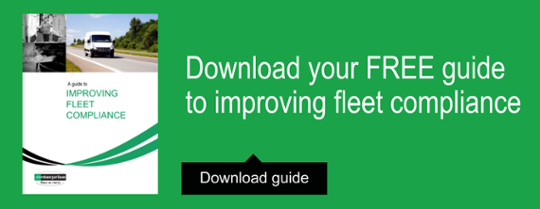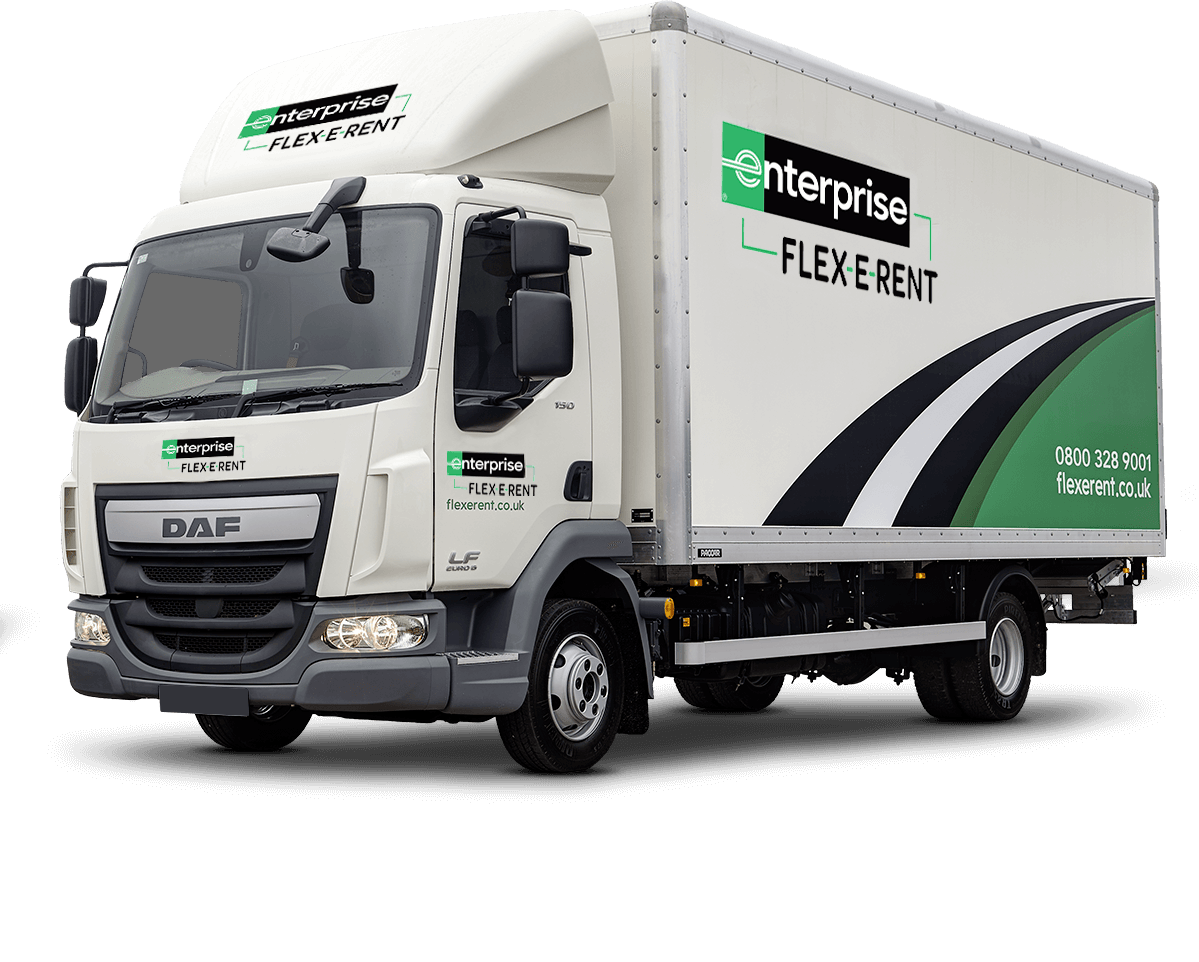Since 2009, most professional drivers of larger vehicles across the UK have had to hold a Driver Certificate of Professional Competence in addition to their vocational driving licence.
Although the rules have been in force for seven years, there is still confusion about which drivers need to hold a CPC, and under which conditions. For example, some small firms don’t realise that certain classes of van fall under the scope of the regulations, and many long-term drivers believe that an older licence allows them to drive any kind of van without further training.
The reality is a bit more complex but it’s vital that smaller firms get it right. If they don’t, their drivers will be facing a fine of up to £1000.00 for driving professionally without a CPC.
This post is here to help you work out when your drivers need a CPC – and when they don’t – so you can make sure your fleet is compliant.
Vehicles that need CPC accredited drivers
If your company is based and operates within the UK or between the UK and the EU, your drivers will need to have attended and attained a Drivers CPC qualification and hold a Drivers Qualification Card (DQC) to drive any vehicle professionally in following categories C, C1, D1, D, with or without a trailer (+E). For van fleets, this means that your drivers will need a CPC to drive any vehicle with or without a trailer or semi- trailer and if the weight exceeds 3,500 kg.
If your drivers attained their vocational licence prior to 10 Sept 2009 they were given until the 10 Sept 2014 in which to attend 35 hours of Periodic CPC training. Any new driver will have to pass an initial CPC course as part of their driving course.
There’s a further exception that may apply to some of your drivers – they won’t need a CPC if driving isn’t the main part of their job and they use a vehicle over 3,500kg to transport equipment, material, tools or extra crew needed for their work. Similarly, if they don’t carry passengers or goods and travel within 100km of your base, a CPC isn’t necessary.
Finally, if a vehicle has a maximum authorised speed of 40km per hour or less, a CPC is not needed – but this will rarely apply to van fleets.
Vocational Driving Licence
To obtain a licence that will allow you to drive professionally, all new drivers from the 9 Sept 2009 will have to have passed all 4 Modules of the Licence acquisition course.
Module 1 = Theory and hazard perception
Module 2 = CPC Case Studies
Module 3 = Driving lessons and driving test
Module 4 = Practical vehicle safety demonstration.
All drivers need periodic training
Whether a driver has attained their DQC by attending and passing an initial CPC course or 35 hours of periodic training, they will need to attend 35 hours of training every five-years to retain their CPC Qualification. As a fleet manager, you will need to authorise time off for your drivers to complete this. If they miss the training deadline, it is illegal for them to drive.
Drivers must carry proof of their CPC at all times
Once your drivers have been issued their DQC they are to carry it on them at all times when driving for work. If stopped and they haven’t got their DQC on them whether or not they have passed their CPC they could be fined up to £1000.00, and you could receive a visit from DVSA. Remember – the CPC is enforced in all EU countries unless the driver holds an exemption.
-
Don’t forget tachographs
If your fleet includes vehicles over 3,500kg, your drivers may well need to use tachographs. They cannot drive any vehicle fitted with a tachograph, if they have not got a Digital Tachograph Card.
Also, remember that vehicles under 3,500kg can handle significantly larger payloads than before. In some fleets, you can save major amounts on CPC and tachographs by employing non-CPC accredited drivers to work on smaller vans that carry more. Our flexible van hire service can help you add these vehicles to your fleet as and when you need them, without having to commit to the full purchase price of a depreciating van.
As you can see, if you’re running a small fleet, there is lots to bear in mind to make sure your drivers are complying with the law. That's why we've put together a guide to help fleet managers navigate the issues surrounding fleet compliance,




